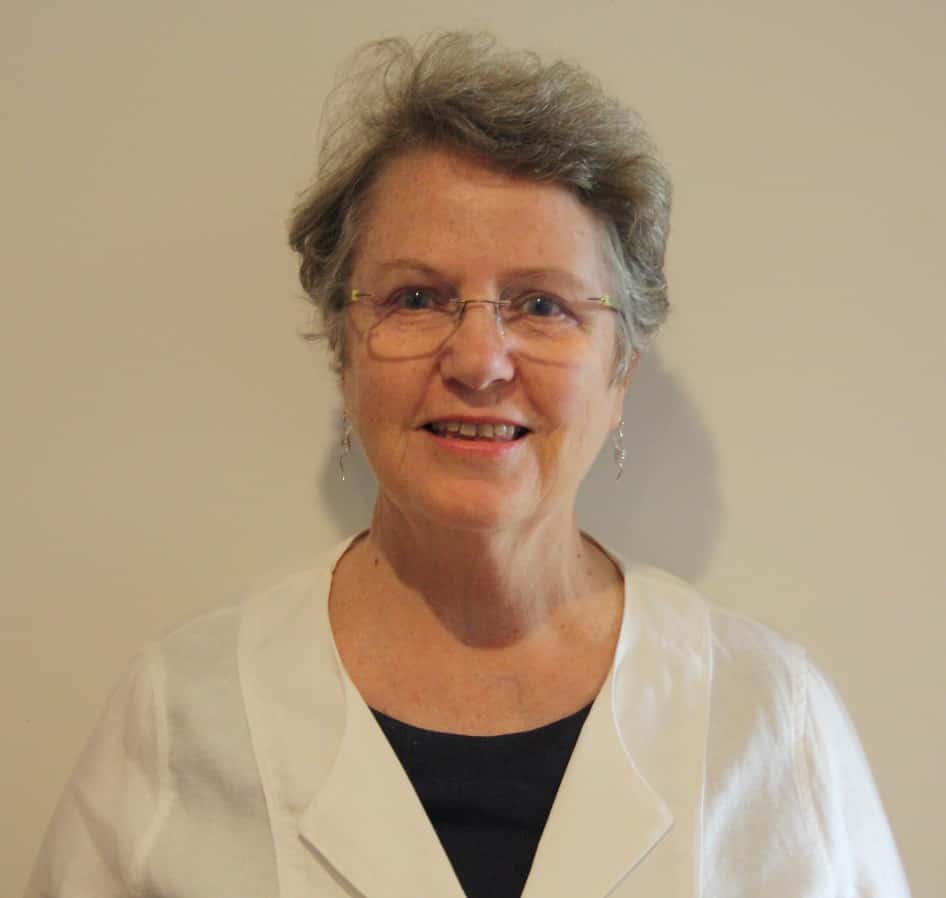With the inception of the National Disability Insurance Scheme (NDIS) nurses will increasingly need to be competent in the care and support of people with intellectual disability (ID). Nurse academic and disability advocate Virginia Howie talks to the ANMJ.
Despite decades of government reform to improve health outcomes for people with ID, mortality and morbidity remains high for this population group.
“People with ID experience inequitable access to quality healthcare. This negatively impacts on the health outcomes, life expectancy and quality of life for this population,” says Dr Howie.
One barrier to quality healthcare is the lack of knowledge and understanding of ID by health professionals, including nurses. The absence of ID content in curriculum design at both undergraduate and postgraduate levels plays a part, says Dr Howie.
“If there’s little ID content in the curricula, how do nurses know how to care for people with ID?”
Dr Howie’s thesis on lived experience of RNs caring for people with ID in the acute care context confirmed that study participants felt educationally unprepared to respond to the needs of people with ID.

“As a result they were forced to learn on the job. This challenges their ability to meet their legal and ethical obligations as a nurse, for example, participants in the study were uncertain if it was ethical to take a blood pressure from someone with ID who is non-verbal and unable to give consent.”
As a former CQU lecturer, Dr Howie included one week of ID education into Inclusive Practice for Nursing in the undergraduate Bachelor of Nursing curriculum. However, she has since retired and in accordance with the 5-year accreditation cycle, the new curriculum was recently re-written with ID content becoming somewhat diluted within the curriculum. Dr Howie said that without champions like herself, ID content is lost.
Dr Howie continues to advocate for mandated ID content in nursing curriculum, including giving evidence at the Royal Disability Commission established in 2019.
There is an increased risk to patient and staff if nurses are not adequately prepared in caring for people with ID. People with ID including autism who are non-verbal or who have communication difficulties may communicate through behaviour, which, if not understood can lead to escalation of that behaviour. Communication difficulties must also be overcome for informed consent, health education, and the importance of follow-up care.
Professional standards of practice
The Professional Association for Nurses in Developmental Disability Australia (PANDDA) Inc. is the peak professional nursing body for Australian nurses who work primarily with people with intellectual and developmental disability (IDD).
PANDDA Inc is a useful start for nurses wanting to advance their knowledge of ID care. A free CPD program online offers three levels of content with six modules. There is an option to undertake an assessment with associated postgraduate certificate. The program is funded and funding ends at the end of 2023.

Webinars are also offered and available to anyone interested (free to members). Membership includes a quarterly newsletter with pertinent topics in ID care.
‘Invisible’ within the hospital system
While some healthcare services and providers have practices and policies for the care of people with ID such as in NSW, it is ad hoc across Australia, says Dr Howie.
“Standards for practice are too generic, and most often healthcare organisations have no policies on ID care, including ID not being flagged on admission,” she says.
“People are asked: ‘Do you identify as Aboriginal or Torres Strait Islander? ‘Do you speak English?’ but there is no tick box on admission that asks: ‘Do you have a disability?’ to be able to offer the care and supports required for the person with ID.”
In addition, the majority of nurses are unaware of the term ‘reasonable adjustments’, she says.
“People with ID need more time when communicating with you, more time showering – people with Down’s syndrome have poor muscle tone. Reasonable adjustments might be the nurse ratio needs to be adjusted to allow additional time to care for the person with ID.”
What is being done?
The Disability Royal Commission shone a spotlight on the systemic neglect in healthcare for people with ID in Australia. The Department of Health released the National Roadmap for Improving the Health of People with Intellectual Disability, with investment of $23.4 million over four years for the National Centre of Excellence in Intellectual Disability Health from 2022-23.
Queensland currently has six Disability Nurse Navigators, all based in Brisbane. Dr Howie argues the role needs to be extended nationally. The role includes the provision of in-service education in ID care to staff, role modelling, a resource person in acute care, and telehealth services for those in rural and remote.
Dr Howie is hopeful there is further reform on the way but insists it will require lobbying politicians for action similar to what happened in the United Kingdom. From July 2022 in the UK, it is mandatory training for registered health service providers to ensure all health and social care staff receive training in learning disabilities and autism.
References
Howie V, Denman D, Wilson NJ, & Lewis P. Standards for practice in intellectual and developmental disability nursing: A Delphi study. Collegian, 2021:29(3):311-319.
Howie VA, Welch AJ, Horton ES, Wirihana LA. The quandary of registered nurses untrained in adult intellectual disability nursing when caring for this diverse patient group in acute care settings: An integrated literature review. J Clin Nurs, 2021:30(11-12):1542-1555.
Wilson NJ, Howie V, & Tomsic G. Nursing and people with intellectual disability. In NJ Wilson, P Lewis, L Hunt, & L Whitehead (Eds.), Nursing in Australia: Contemporary Professional and Practice Insights 2021:pp. 139-150.
Virginia Howie is a registered nurse, and parent of a child with an intellectual disability. As a nurse academic and through her doctoral studies, Virginia has become a strong advocate for people with disability through her teaching, research publications, and community work. As a committee member of PANDDA Inc, Virginia has been involved in several national projects pushing for improved education of nurses in intellectual disability care.








